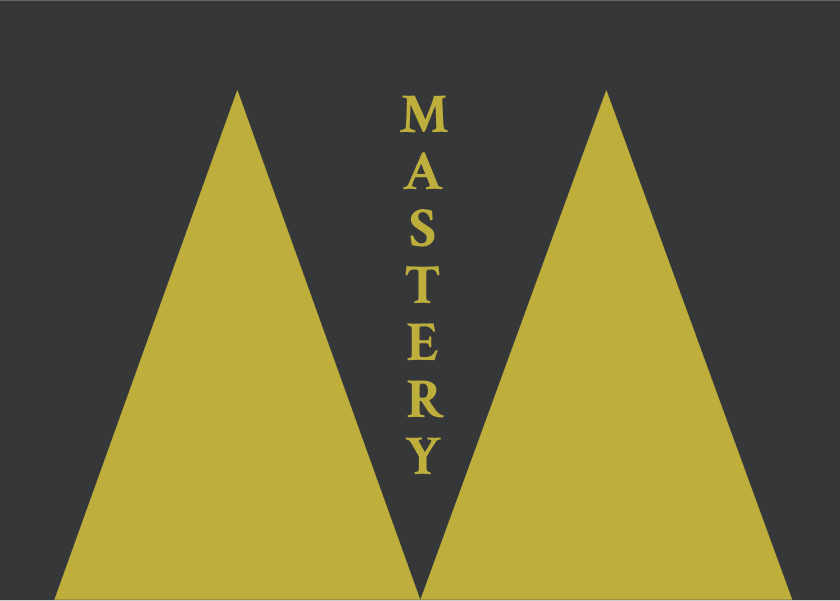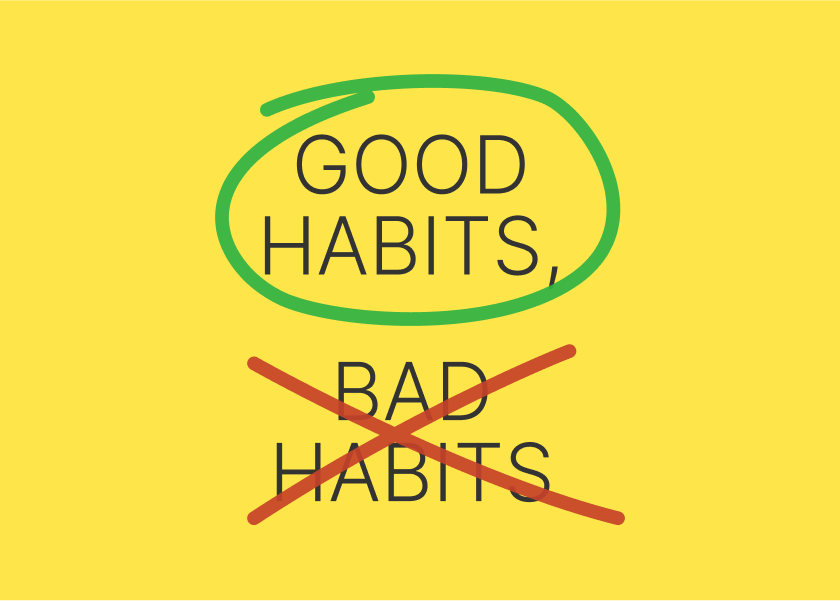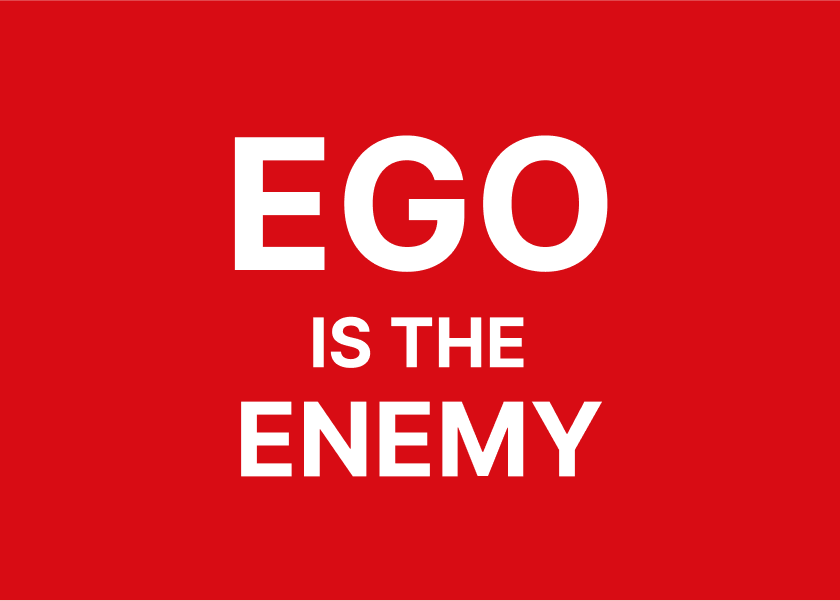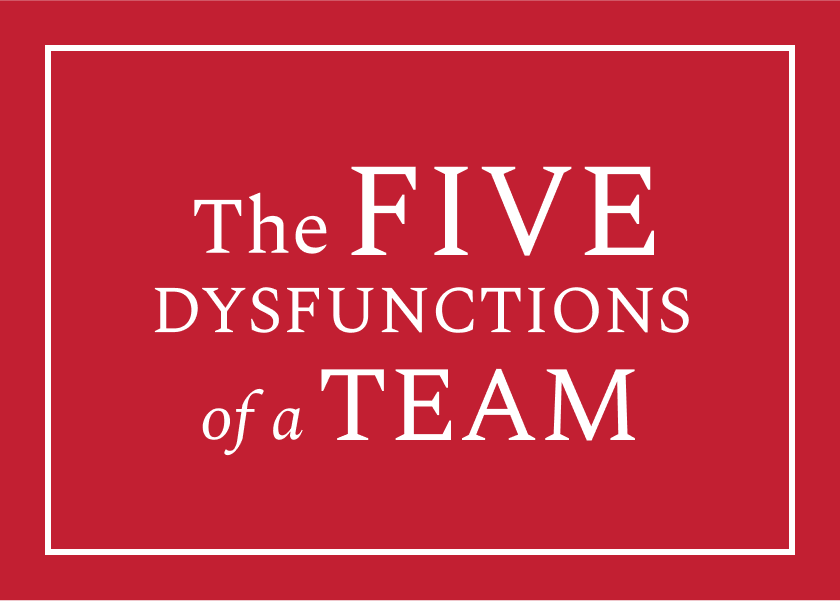Essentialism by Greg McKeown - Summary
More isn’t always better. Discover the power of less and better by learning how to eliminate nonessentials, explore what truly matters, and effortlessly execute your highest contribution. It's time to reclaim control and live a life of purpose.
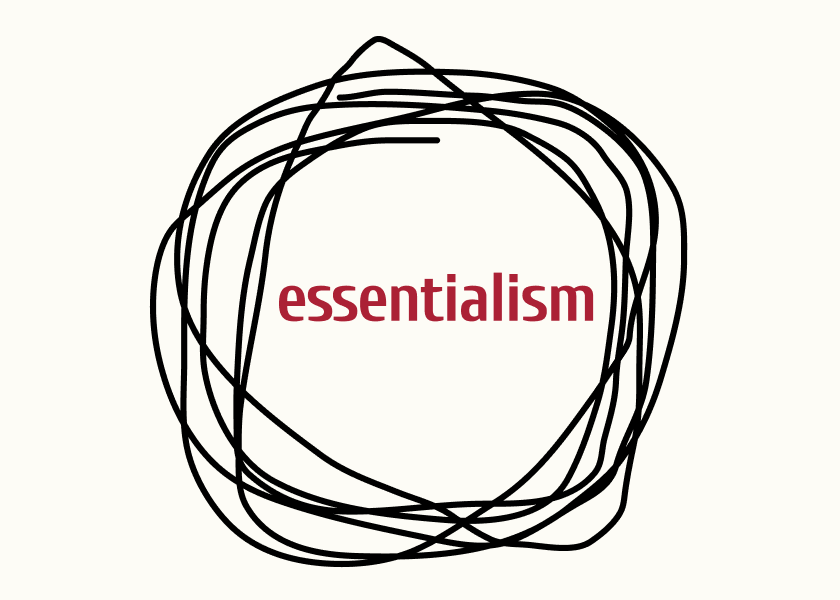
The following is a summary and review of the book Essentialism by Greg McKeown.
Listen to ShelfHelp's podcast summarising Essentialism by Greg McKeown.
Are You Overworked and Underutilised? Discover Essentialism
Are you tired of feeling stretched too thin? Do you dream of achieving more by doing less? Essentialism: The Disciplined Pursuit of Less by Greg McKeown offers a roadmap to reclaim control of your life by focusing on what truly matters. This article provides a comprehensive summary of the book, saving you time while equipping you with actionable strategies to transform your personal and professional life.
Table of Contents
- About the Author
- Who Should Read This Book?
- Key Insights and Themes
- Detailed Summary
- Review
- Actionable Takeaways
- FAQs
- Conclusion
About the Author
Greg McKeown is a speaker, leadership and strategy consultant, and author of the bestseller Multipliers: How the Best Leaders Make Everyone Smarter. He is a graduate of Stanford University. McKeown is the CEO of a strategy and leadership company in Silicon Valley, where he works with some of the most capable people in some of the most interesting companies in the world. His expertise in essentialism has made him a sought-after voice in business and personal development.
Who Should Read This Book?
Essentialism is for anyone feeling overwhelmed by the demands of modern life. It's particularly beneficial for:
- Executives and managers struggling to prioritise tasks and lead their teams effectively.
- Entrepreneurs who want to focus on the most impactful ventures and avoid spreading themselves too thin.
- Professionals seeking to increase their productivity and job satisfaction by aligning their work with their values.
- Anyone who feels "busy but not productive" and wants to live a more intentional and meaningful life.
If you've ever answered "yes" to questions such as "Have you ever found yourself stretched too thin?" or "Do you ever feel busy but not productive?", then Essentialism offers a valuable way out.
Key Insights and Themes
Here’s a concise overview of the book’s key takeaways:
- Choice: Recognise the power of choice in deciding how to spend your energy and time.
- Discernment: Learn to differentiate between the trivial many and the vital few, understanding that almost everything is non-essential.
- Trade-Offs: Accept that you can't do it all and start making deliberate trade-offs by asking "Which problem do I want to solve?".
- Exploration: Create space to explore and discern what is truly essential before committing to any opportunity.
- Elimination: Develop the courage to say "no" to non-essentials and eliminate activities that do not contribute to your goals.
- Execution: Design systems and routines that make executing essential tasks as effortless as possible.
- Essence: Adopt the core mind-set of an Essentialist, replacing false assumptions with the truths of choice, discernment, and trade-offs.
Detailed Summary
The book is divided into four parts: Essence, Explore, Eliminate, and Execute.
Part I: Essence: What is the Core Mind-Set of an Essentialist?
This section challenges three deeply entrenched assumptions: "I have to," "It’s all important," and "I can do both".
- CHOOSE: The Invincible Power of Choice: Essentialism begins with recognising that we have a choice in how we spend our time and energy. Without this understanding, trade-offs are meaningless.
- DISCERN: The Unimportance of Practically Everything: The Pareto Principle, or the 80/20 rule, highlights that 20% of our efforts produce 80% of the results. Essentialists discern the vital few from the trivial many, investing their time and energy where it matters most.
- TRADE-OFF: Which Problem Do I Want?: Since we cannot do everything, Essentialists embrace trade-offs and deliberately choose which problems they want to solve. They ask, "What do I want to go big on?" rather than "What do I have to give up?".
Part II: Explore: How Can We Discern the Trivial Many from the Vital Few?
This part focuses on creating space to explore and evaluate options before committing.
- ESCAPE: The Perks of Being Unavailable: Creating space for thought and reflection is crucial. Practices such as "Do-Not-Call Mondays" or "Think Weeks" allow for deeper exploration and discernment.
- LOOK: See What Really Matters: Essentialists look beyond the surface to identify the essence of a situation. They act as journalists in their own lives, connecting the dots and focusing on the bigger picture.
- PLAY: Embrace the Wisdom of Your Inner Child: Play is essential for creativity and problem-solving. Allowing time for unstructured play can unlock new insights and perspectives.
- SLEEP: Protect the Asset: Sleep is not a luxury but a necessity for peak performance. Adequate sleep enhances the ability to explore, make connections, and achieve more in waking hours.
- SELECT: The Power of Extreme Criteria: Essentialists use selective and explicit criteria to make decisions. By setting extreme criteria, they ensure that they only pursue opportunities that truly align with their goals and passions.
Part III: Eliminate: How Can We Cut Out the Trivial Many?
This section provides strategies for eliminating non-essential activities.
- CLARIFY: One Decision That Makes a Thousand: A clear and concrete statement of purpose guides decision-making and eliminates misalignment. By asking, "If we could be truly excellent at only one thing, what would it be?".
- DARE: The Power of a Graceful “No”: Saying "no" is a crucial skill for Essentialists. It requires courage and compassion to decline requests that do not align with your priorities.
- UNCOMMIT: Win Big by Cutting Your Losses: The sunk-cost bias makes it difficult to abandon projects or commitments, even when they are no longer beneficial. Essentialists recognise when to cut their losses and reallocate resources to more vital areas.
- EDIT: The Invisible Art: Editing involves cutting out options and condensing information to clarify the essential message. This applies not only to creative works but also to daily activities and commitments.
- LIMIT: The Freedom of Setting Boundaries: Establishing boundaries prevents others from taking over your problems and allows you to focus on your priorities. Setting limits creates freedom and ensures that you are in control of your time and energy.
Part IV: Execute: How Can We Make Doing the Vital Few Things Almost Effortless?
This part focuses on creating systems to execute essential tasks efficiently.
- BUFFER: The Unfair Advantage: Building buffers reduces the friction caused by the unexpected. Extreme preparation and realistic planning are key strategies for creating these buffers.
- SUBTRACT: Bring Forth More by Removing Obstacles: Identifying and removing constraints, or "slowest hikers," is crucial for progress. By focusing on the primary obstacle, Essentialists can unlock the entire system.
- PROGRESS: The Power of Small Wins: Small wins create momentum and affirm faith in further success. Focusing on minimal viable progress and celebrating these small achievements drives motivation and performance.
- FLOW: The Genius of Routine: Establishing routines creates habits that make essential tasks automatic. By identifying cues, routines, and rewards, Essentialists can design habits that support their goals.
- FOCUS: What’s Important Now?: Tuning into the present and focusing on what is important in the moment allows Essentialists to apply their full energy to the task at hand. This involves avoiding the trap of multi-focusing and prioritising single tasks.
- BE: The Essentialist Life: Living as an Essentialist means making it a part of who you are, not just something you do occasionally. This involves aligning your actions with your values and making choices that lead to a life of high contribution and meaning.
Review
Essentialism is a well-written and insightful guide to prioritising and simplifying life. Its strengths include:
- Practical Advice: The book offers actionable strategies and real-world examples that readers can immediately implement.
- Clear Framework: The four-part structure (Essence, Explore, Eliminate, Execute) provides a logical and easy-to-follow system.
- Inspirational Tone: McKeown's writing is motivating and encourages readers to take control of their lives.
However, some potential weaknesses include:
- Repetition: Some concepts are repeated throughout the book, which may feel redundant to some readers.
- Idealistic: The principles may be challenging to apply in certain work environments or personal situations that demand constant availability.
Overall, Essentialism is a valuable resource for anyone seeking to live a more focused and fulfilling life.
Actionable Takeaways
Here’s how to apply the lessons of Essentialism in real life:
- Identify Your Essential Intent: Define what is truly important to you in both your personal and professional life.
- Say "No" Gracefully: Practice declining requests that do not align with your priorities.
- Create Space for Reflection: Schedule time for thinking, planning, and exploring new ideas.
- Eliminate Distractions: Identify and remove obstacles that hinder your progress.
- Start Small: Focus on achieving small wins to build momentum and motivation.
- Establish Routines: Create habits that make essential tasks automatic and effortless.
FAQs
- What is "Essentialism" about? "Essentialism" is about identifying and pursuing what is truly essential in your life, eliminating everything else, and creating systems that make execution effortless. It's about doing less, but better.
- Is "Essentialism" worth reading? Yes, especially if you feel overwhelmed, overworked, or unproductive. The book provides practical strategies and a clear framework for prioritising and simplifying your life.
- How does Essentialism differ from minimalism? While both involve simplifying, minimalism focuses on owning less, while essentialism focuses on doing less. Essentialism is about making the wisest possible investment of your time and energy.
Conclusion
Essentialism: The Disciplined Pursuit of Less offers a transformative approach to living and working. By embracing the core mind-set of an Essentialist and implementing the strategies outlined in the book, you can reclaim control of your life, achieve more by doing less, and experience a greater sense of purpose and fulfilment. Take the first step towards a more essential life today.
As an Amazon Associate, ShelfHelp may earn money from qualifying purchases. Needless to say, ShelfHelp only includes affiliate links to books we recommend and think are worth your time reading.

